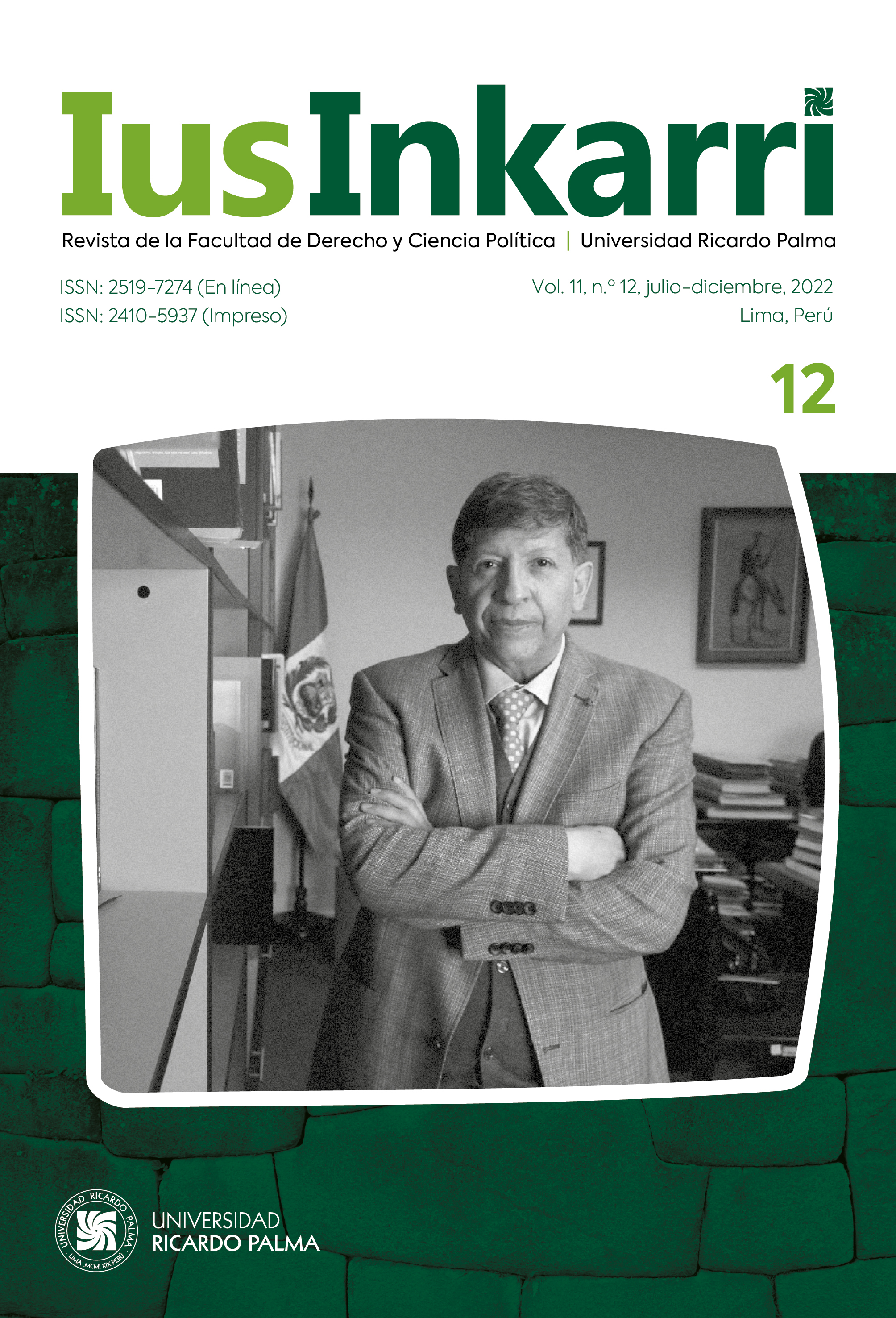Literature, power and censorship in Latin America: Tongolele did not know how to dance
DOI:
https://doi.org/10.59885/iusinkarri.2022.v11n12.14Keywords:
literature, power, censorship, Sergio RamírezAbstract
From the analysis of specialized literature, a close link between literature, history and power in Latin America can be identified. This circumstance expresses the political and historical reality of the continent. This research examines the conception of power in Tongolele no sabía bailar (2021), by the writer Sergio Ramírez. To this end, the novel is contextualized within the Latin American tradition of political literature. The life and work of the author is studied, as well as the censorship of the book in Nicaragua. Derived from the hermeneutic analysis, the description of a primary power based on violence, coercion and force is noticed. The work highlights the difficult path of democracies in the continent in the face of men clinging to power and authoritarian forms of command.
Downloads
References
Bloom, H. (2009). El canon occidental. Anagrama. Castro, D. y Miranda, O. (2006). Ciencias sociales y literatura latinoamericana: del rigor científico que aprendimos a una teoría de las emociones. Cinta de Moebio. Revista de Epistemología de Ciencias Sociales, (25). https://cintademoebio.uchile.cl/index.php/CDM/article/view/25957
Comisión Nacional sobre la Desaparición de Personas (1984). Nunca más. Edudeba. http://www.desaparecidos.org/arg/conadep/nuncamas/293.html
Corral, W. y Rufinelli, J. (1991). Un diálogo con Sergio Ramírez: política y literatura en una época de cambios. Nuevo Texto Crítico, 4(8), 3-13.
De Lima, G. (2016). La censura literaria: desarrollo conceptual y teórico, los efectos de su acción y su funcionamiento. Anuario de Literatura, 21(1), 124-141. http://dx.doi.org/10.5007/2175-7917.2016v21n1p124
Friera, S. (2005, 27 de abril). El hombre que dio una larga pelea contra el poder. Página 12. https://www.pagina12.com.ar/diario/cultura/7-50274-2005-04-27.html
Fuentes, C. (1972). La nueva novela hispanoamericana. Joaquín Mortiz.
Galeano, E. (1981). Diez errores o mentiras frecuentes sobre literatura y cultura en América Latina. Nueva Sociedad, (56-57), 65-78. https://nuso.org/articulo/diez-errores-omentiras-frecuentes-sobre-literatura-y-cultura-en-americalatina/
Gómez, Y. (2006, 29 de octubre). Literatura: Primer territorio libre de América/Texto inédito de Manuel Scorza. Revista Mariátegui. https://www.nodo50.org/mariategui/literaturaprimerterritoriolibre.htm
Lukes, S. (2007). El poder. Un enfoque radical. Siglo XXI.
Mackenbach, W. (2005). Historia y ficción en la obra novelística de Sergio Ramírez. Iberoamericana, (19), 149-168.
Mendoza, P. (2015). El olor de la guayaba. Conversaciones con Gabriel García Márquez. Diana.
Moro, D. (2019, enero-junio). Nicaragua y una ventana al mundo. La revista Ventana (1960-1963). Revista Ístmica, (23), 43-52. https://doi.org/10.15359/istmica.23.5
Pezzè, A. (2016). La literatura policial de Sergio Ramírez. Pasavento: Revista de Estudios Hispánicos, 4(1), 109-124. http://hdl.handle.net/10017/24487
Ramírez, S. (2021). Tongolele no sabía bailar. Alfaguara.
Roitman, M. (2019). Por la razón o la fuerza. Historia y memoria de los golpes de Estado, dictaduras y resistencias en América Latina. Siglo XXI.
Strausfeld, M. (2021). Mariposas amarillas y los señores dictado res. América Latina narra su historia. Debate.
Vargas Llosa, M. (2014). Literatura y política: dos visiones del mundo [Video]. Biblioteca Virtual Miguel de Cervantes.
Vargas, J. Á. (2002). Sergio Ramírez: escritor y político. InterSedes: Revista de las Sedes Regionales, 3(5), 213-238.
Published
How to Cite
Issue
Section
License
Copyright (c) 2022 Alba Nidia Morin Flores

This work is licensed under a Creative Commons Attribution 4.0 International License.













